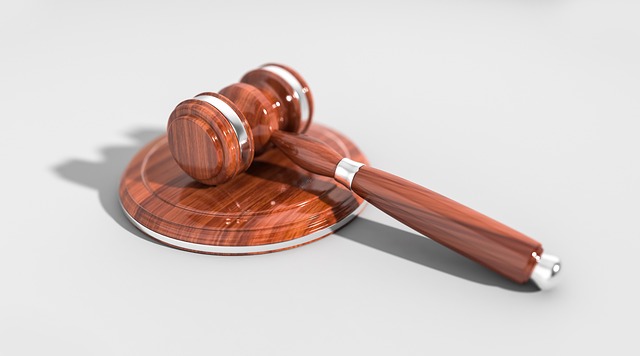Inadmissible testimony, including hearsay and unreliable statements, is a critical aspect of legal proceedings. A Woodlands criminal lawyer specializes in identifying and challenging such evidence, ensuring only credible, relevant information reaches the jury, thus protecting their clients' rights to a fair trial.
In the complex landscape of criminal law, navigating the admissibility of evidence is a pivotal task for any seasoned attorney, especially a Woodlands criminal lawyer. Improper evidence, such as hearsay, speculation, or irrelevant information, can significantly skew a trial’s outcome. This article delves into the intricacies of understanding inadmissible testimony and explores effective strategies employed by a Woodlands criminal lawyer to suppress harmful testimony, ensuring a fair and just legal process.
- Understanding Inadmissible Testimony: What Constitutes Improper Evidence?
- – Defining inadmissible testimony and evidence
Understanding Inadmissible Testimony: What Constitutes Improper Evidence?

Inadmissible testimony, often a key aspect in legal proceedings, refers to evidence that does not meet the criteria for admissibility in court. This can include statements or testimonies that are irrelevant, speculative, or lack reliability. When a witness provides information that falls into these categories, it may be deemed improper evidence by a judge.
The definition of improper evidence is broad and encompasses various forms of testimony. For instance, hearsay, which is an out-of-court statement used to prove the truth of the matter asserted, is generally inadmissible unless an exception applies. Also, opinion testimony that lacks factual support or speculation unrelated to the case can be excluded. The woodlands criminal lawyer plays a crucial role in navigating these complexities, ensuring that their clients’ rights are protected by challenging such improper evidence and seeking to suppress it from being presented in court.
– Defining inadmissible testimony and evidence

Inadmissible testimony refers to statements made in court that do not meet the standards for admissibility, as determined by the rules of evidence. This includes hearsay, which is a statement made by someone other than the witness who seeks to admit it, typically offered to prove the truth of what was said. For instance, if John testifies about what Mary told him, without Mary being present to confirm or deny her prior statement, such testimony could be deemed inadmissible hearsay. The Woodlands criminal lawyer will often play a crucial role in identifying and suppressing this type of evidence.
Additionally, evidence that lacks relevance, is speculative, or lacks trustworthiness may also be considered inadmissible. A woodland criminal lawyer specializes in navigating these complexities to ensure only reliable and relevant information reaches the jury. By understanding the rules of evidence and the nuances of testimony, they can help protect the rights of their clients, ensuring a fair trial where only credible and admissible proof is presented.
In navigating complex legal scenarios, understanding the boundaries of admissible evidence is paramount. As discussed, improper evidence and inadmissible testimony can significantly impact the outcome of a case. A Woodland Criminal Lawyer plays a crucial role in recognizing and challenging these issues to ensure a fair trial. By suppressing inadmissible evidence, lawyers protect their clients’ rights and strengthen the integrity of the legal process, ultimately upholding justice.



